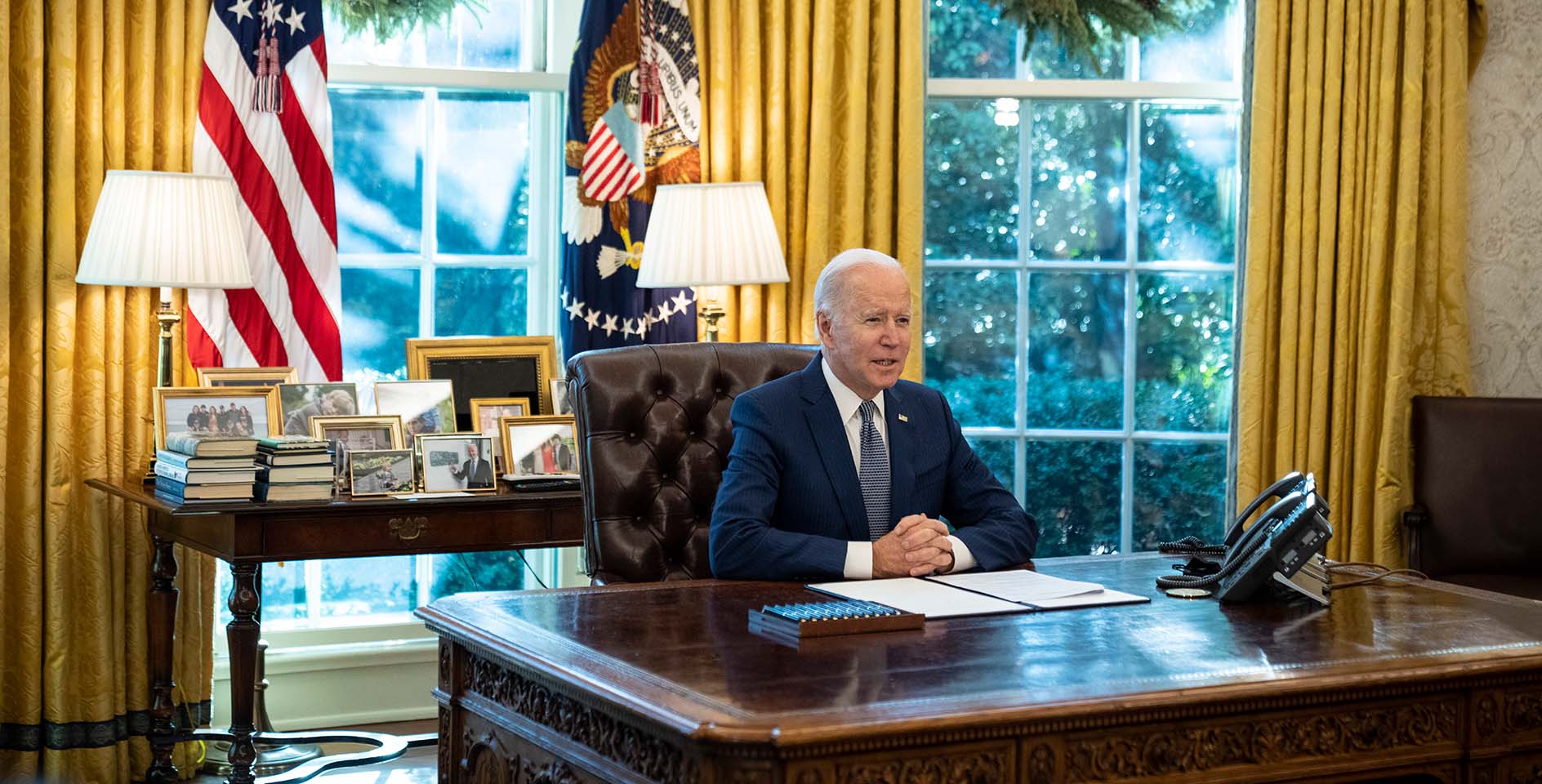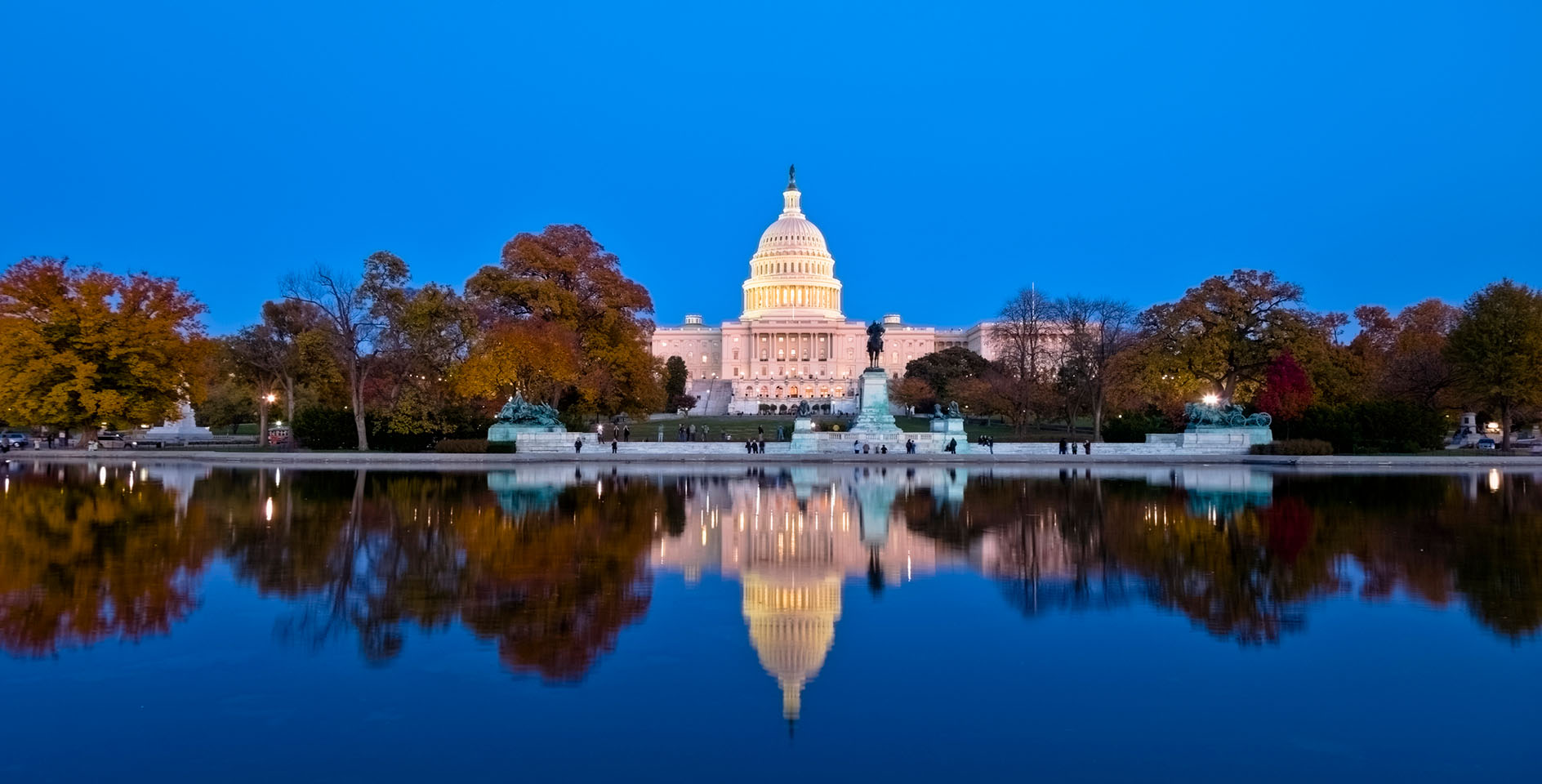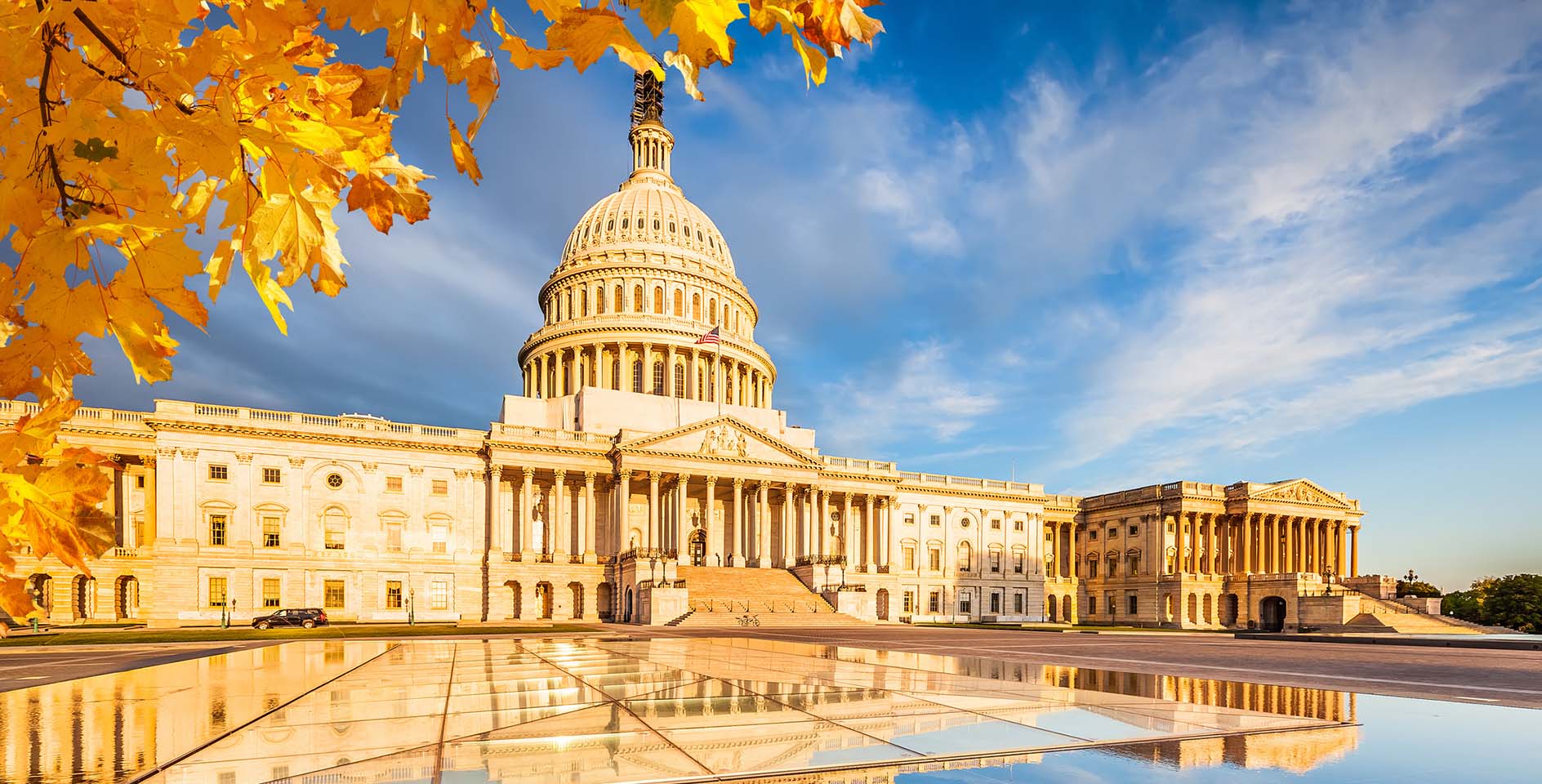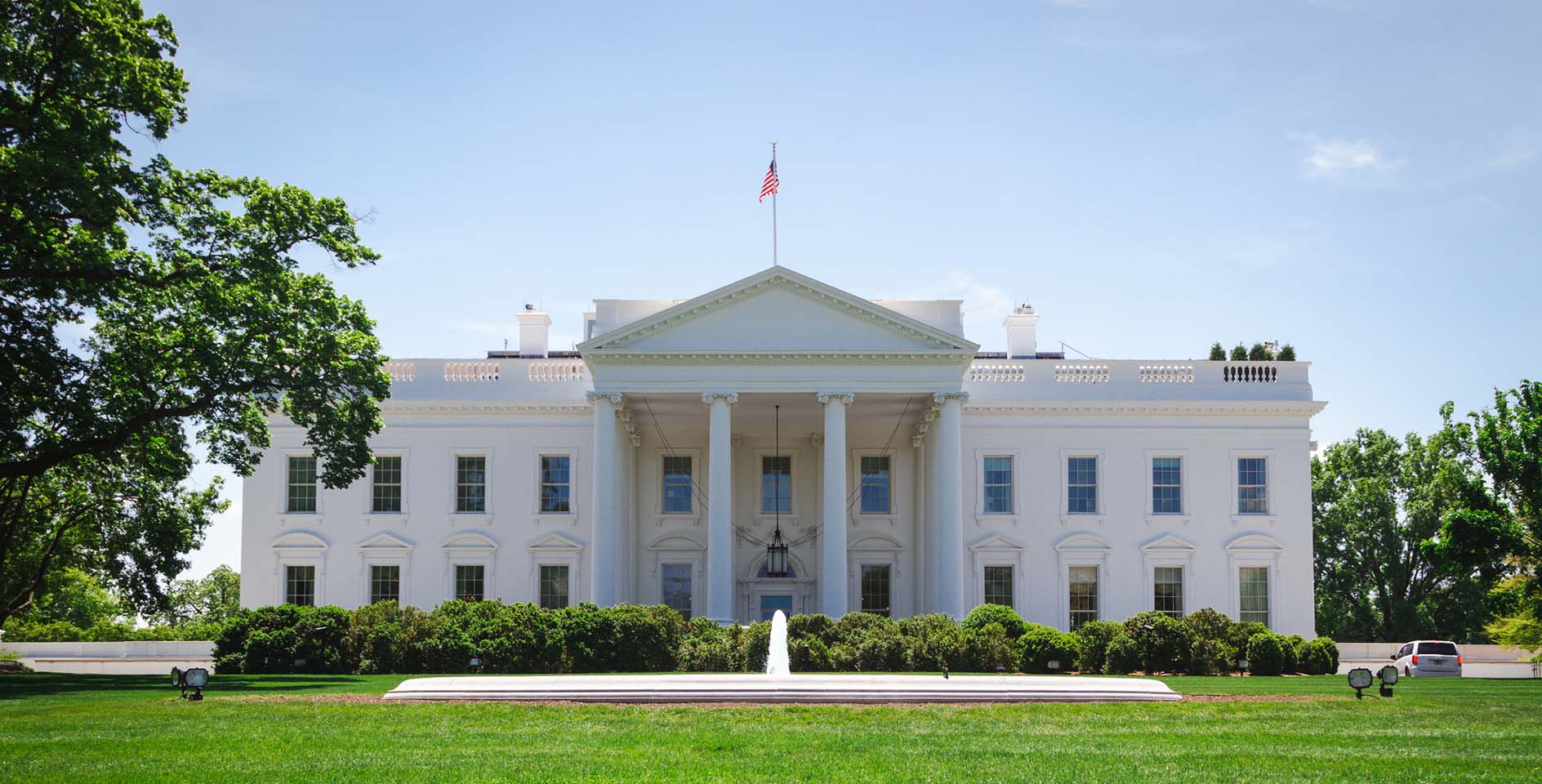On Thursday, President Biden took the step of expanding the list of workers who would be required to receive a COVID-19 vaccine or submitting to regular testing. His announcement follows the recent decision to mandate that all federal employees receive the vaccine or face possible disciplinary action. These changes reflect a shift from the previous posture of the administration against federal vaccine mandates. While it is possible for individuals in private workplaces to opt out of a vaccine if they are tested regularly, this regulation does reflect a more aggressive posture by the administration to control the surge in cases of the delta variant that is sweeping the country.
President Biden’s directive comes amid surging cases of the delta variant across the country, as well as new strains of the virus, lambda and mu. The rule will require all employers with more than 100 employees to ensure that their workers are vaccinated or submit to weekly testing. They also must provide paid time off for employees wishing to be vaccinated. The rule comes as many larger private employers are already implementing similar measures including CVS Health, Walmart, and Fox News. The rule faces legal challenges and has already faced opposition from state officials who claim this is an overreach of federal authority. Similarly, the rule will likely face implementation challenges as the vaccine and testing date from each employer will need to be stored and verified by OSHA for enforcement purposes. The penalties for noncompliance have not been released as of the time of publication.
What does an OSHA temporary emergency standard mean?
The regulation will be drafted and implemented as part of the Occupational Safety and Health Administration (OSHA) of the Department of Labor. Established by President Richard Nixon in 1970, the agency’s mission is “to ensure safe and healthful working conditions for workers by setting and enforcing standards and by providing training, outreach, education, and assistance.” OSHA’s mandate covers most private and public sector employers, making the vaccine mandate announcement one of the most wide-reaching to date.
The rule, issued as a temporary emergency standard, can be used when OSHA demonstrates that workers face a grave danger and that the rule will address that danger. Further, employers must have a reasonable chance of implementing the rule. These emergency standards would override existing state policies except in those states where there is an OSHA-approved state level agency. For those states, they would have a window of time to adopt a rule that is as effective as the federal standard.
This is not the first time that OSHA has intervened in the COVID pandemic. In June of this year, they announced a rule requiring healthcare employers to provide protective equipment such as masks and gloves, ensure proper ventilation, and screen patients at risk for COVID. This emergency standard was limited to healthcare employers (because of the group’s high risk factors), though additional optional measures were disseminated for other industries such as manufacturing, retail, and food supply chains.
How will this affect churches and religious organizations?
With the implementation of this standard, many churches will likely not be affected because they will not meet the requisite number of employees. There is a subset of churches who will meet the threshold and thus could face OSHA violation charges for not complying. Religious organizations such as Christian colleges and seminaries, as well as religious hospitals, will be more likely to be subject to the rule’s standards because of the size of the organization and the kinds of work that their employees perform.
Religious employers are subject to some oversight of OSHA depending on the kind of employment and jobs performed. Where the organization only employs individuals for religious services (a choir director, organist, clergy, etc.), they are not classified as an employer and therefore are not subject to OSHA oversight. However, where a religious employer employs a worker for secular purposes, they are subject to the rules set by OSHA. Examples of the latter would include a private hospital or school operated by a religious organization, administrative staff of the organization, or staff employed for commercial activity such as running a bakery.
At the time of publication, the regulatory language is unavailable so it is unclear what type of medical or religious exemptions may be granted under this new OSHA standard concerning the COVID-19 vaccine.
How should Christians think about this?
While some have argued that widespread vaccine mandates infringe upon one’s religious freedom, Christians should be very judicious when making claims of religious liberty violations. As Jason Thacker recently wrote,
. . . it is important to remember that approaching questions about religious liberty claims is something of deep consequence. We must not allow or give support to mere personal or political preferences masquerading as religious liberty claims. Indeed, doing so is not only morally disingenuous but also can do long-term damage to the credibility of pastors, churches, and Christian institutions in our communities. At the same time, pastors should graciously and patiently consult with those seeking such exemptions or accommodations in order to determine whether the request is predicated on sincere religious grounds.
In a time of intense polarization and a continued public health crisis, we must remember that religious liberty is fundamental to the Christian faith and to American life. It is a right that our government is designed to recognize, respect, and uphold.
The ERLC has emphatically stated since the beginning of this public health challenge that government officials should opt for providing guidance over mandates, while at the same time seeking to uphold the free exercise of religion. Elected officials and local health experts should be actively partnering with pastors and churches to serve local communities as this pandemic rages on. Whether through vaccine drives or combating the widespread misinformation, community partnerships and respecting religious freedom instills more confidence within the faith community about efforts to combat the virus and protect our communities from its devastating effects.









